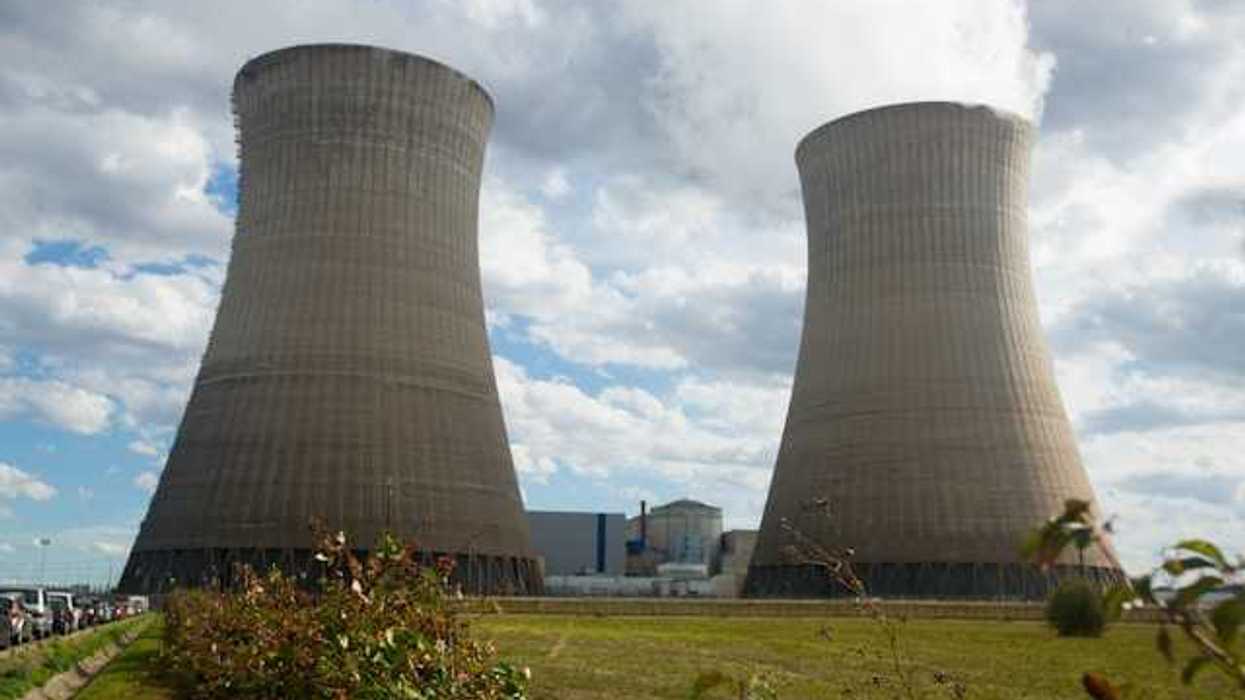Despite growing concerns over PFAS contamination in water, soil, and food across Texas, legislators ended their 2025 session without passing any bills to study or regulate the toxic chemicals.
Alejandra Martinez reports for The Texas Tribune.
In short:
- Lawmakers filed six bills targeting PFAS, including proposals to test sewage-based fertilizer, investigate health impacts, and ban firefighting foams laced with the chemicals. All failed to pass.
- In Johnson County, farmers claim their land and cattle were poisoned by PFAS-tainted fertilizer. A bill to require testing and safe disposal of such products was blocked by industry opposition.
- Texas remains without a statewide plan to monitor or manage PFAS exposure, while 30 other states have enacted policies addressing the issue.
Key quote:
“So animals need to keep dying for two years until we can make this a priority?”
— Tony Coleman, Johnson County farmer
Why this matters:
PFAS accumulate in soil, water and even the human body, where they’ve been linked to serious health effects, including cancer, liver damage, immune system disruptions, and infertility. Their presence in Texas drinking water, food sources, and farmland raises urgent questions about long-term health impacts and the safety of agricultural products. Despite scientific consensus about their risks, regulation has lagged, in part due to industry pressure. Communities near contamination sites are already experiencing consequences — including poisoned livestock and unsellable crops — but without legislative action, affected families may face growing financial and health burdens.
Read more:














